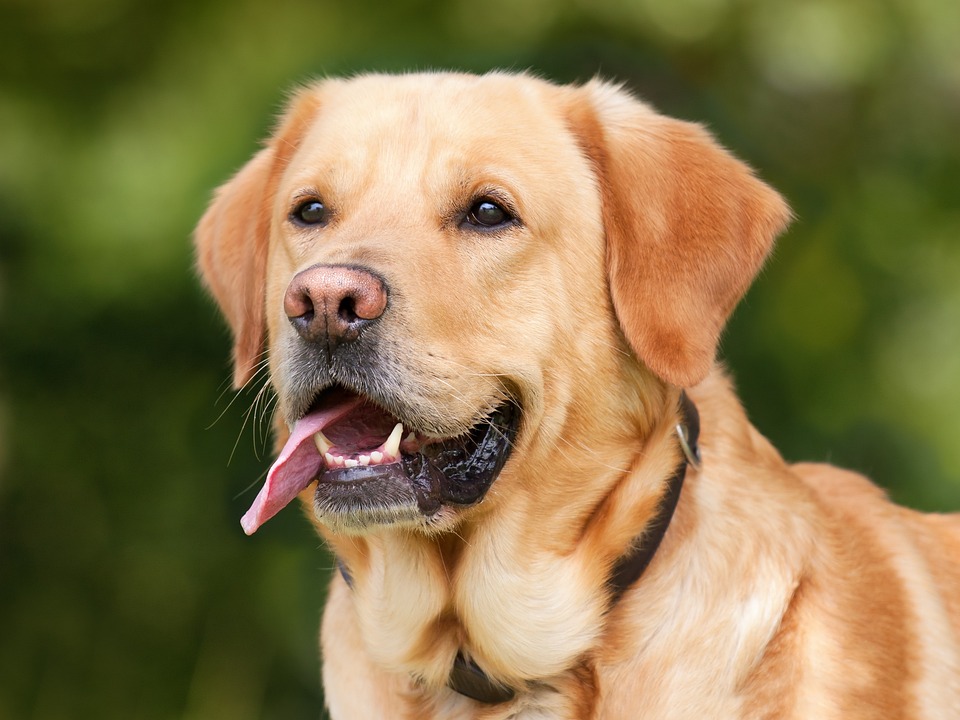
Have you recently welcomed a new dog into your family? Don’t be fooled by the adage, “You can’t teach an old dog new tricks”. Adult dogs may be less capable of learning than puppies or young dogs, but they can still learn new skills.
Here are some tips to help you out:
1) Walk Your Dog Frequently
Daily walks are an excellent opportunity to expose your dog to new sights, sounds, smells, people, and other animals. You will also encounter many social situations while walking, so it is a good time to practice good behavior with your dog.
If your dog barks or reacts annoyingly, avoid yelling or pulling on the leash, as this will increase your dog’s excitement and create a negative experience for him. Instead, simply walk in a different direction and move away from the situation to help calm it down.
2) Observe the Dog’s Posture
Dogs sense their owners’ emotions, so it is essential to remember that if the owner seems stressed or tense, the dog will feel the same way. Keep your body language and tone of voice calm and confident. Don’t play into your dog’s reactions of fear or nervousness. Teach him that there is a reason to be afraid by comforting him when he is afraid. Your dog feeds on your reactions and attitude, so stay calm, composed and act as if there is nothing wrong with the situation.
3) Introduce the Dog to Others
This can also be accomplished through social distancing. Invite one or two family members or friends and place them in the backyard or other open area where the dog is comfortable. Ensure that your friends do not approach, crowd, or intimidate the dog. The dog should make the first move and approach the guests when ready.
If the dog does not wander off, guests can give the dog occasional treats to show the dog that they are coming in peace. Keep the environment very positive and relaxed so the dog can relax and connect with new people and have positive experiences.
4) Reward Good Behavior
Dogs love treats and “cuddles.” You can use rewards to teach good behavior. Rewards also help dogs become more social.
When he does well with other dogs, give him small rewards and petting.

5) Do Not Force Them
If your dog is fearful of other dogs, it is essential not to force him into social behavior. In most cases, dogs will become more social over time. This is not something that can be forced.
Is your dog fearful in front of a group of dogs? Then start with one-on-one encounters with calm, social dogs.
6) Dog Training
Ask your vet about dog socialization opportunities that are appropriate for you and your pet.
Dog training courses is also an excellent idea to help your pet encounter other dogs and people in a safe, controlled environment.
Socialization is not just about dragging your dog everywhere and getting him into a lot of trouble. The reason to start socializing your dog is to prevent your dog from becoming fearful or aggressive later in life. However, if you start socialization the wrong way, your dog may become fearful and aggressive instead.
When socializing older dogs, the keys to success are repetition and consistency. Older dogs can take time to adjust to new situations and environments, so don’t be discouraged if they don’t adjust immediately. If you provide a calm, loving environment and lots of positive reinforcement with each new experience, you will have a happy, secure, and well-balanced dog in no time.
Do you any other tips? Share it with us in the comments below!






